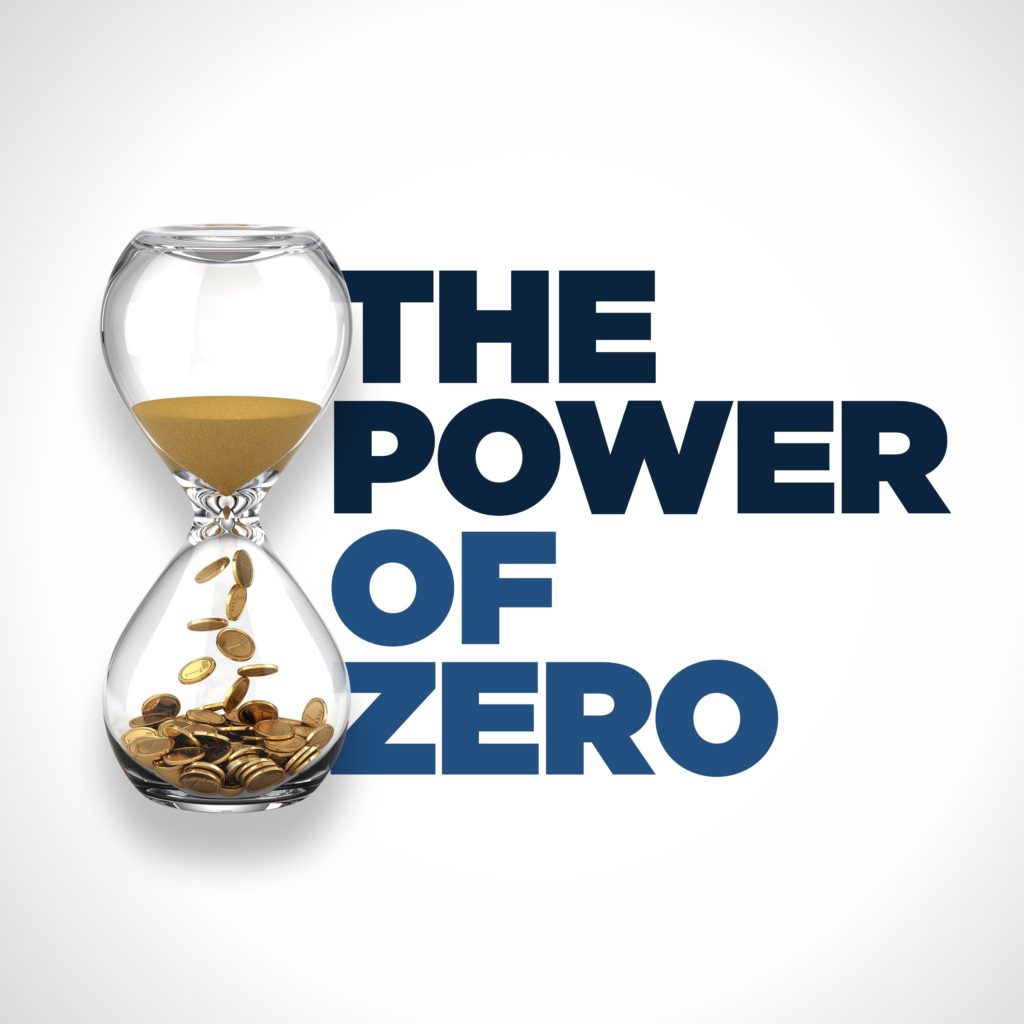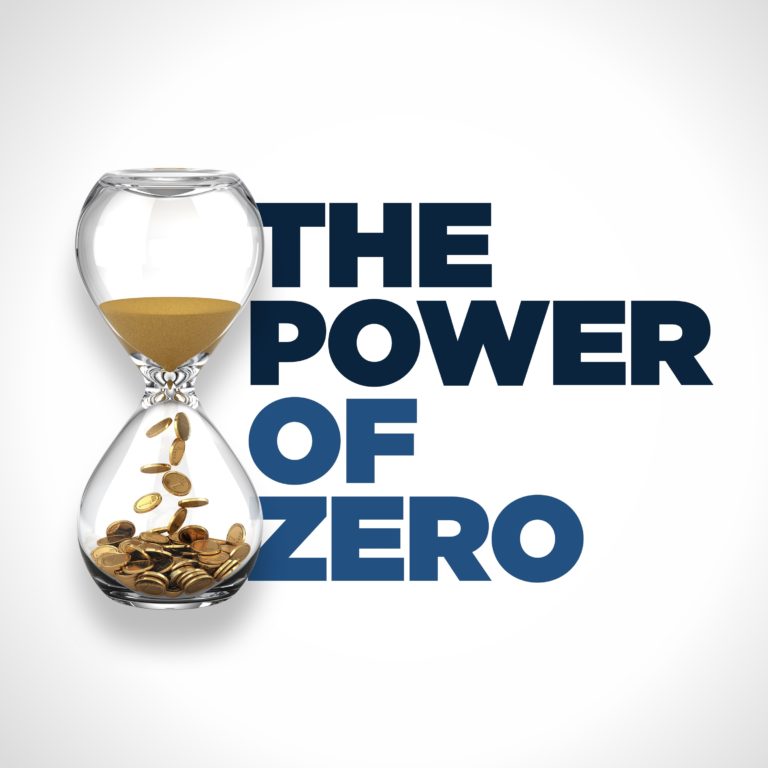David gets the same question nearly every single week. Someone invariably asks about how if they do a Roth conversion, won’t they have less money working for them in the tax-free bucket and need more time to catch up compared to had they just left the money in the tax-deferred bucket?
If the government came up to you and offered to loan you some money and wouldn’t tell you what the interest rate will be, would you cash the check? Putting money into your 401(k) is very similar, by doing so you are letting the government tell you what the rate will be once you want to take out that money.
According to the publicly stated debt, we are $23 trillion in debt but according to fiscal gap accounting we are $239 trillion in debt. Listen to episode 63 of the Power of Zero podcast to find out how dire the situation actually is. The question is why are Americans still okay with that deal?
David breaks down the math and compares two scenarios. One person has $1 million in an IRA and another does a Roth IRA and has $700,000 in their tax-free bucket. The question is which person has more money?
The thing that people forget is that when you have money in an IRA you have a business partner, and until you distribute money from that bucket, you don’t know how much you actually have.
Assuming a level tax rate environment, both people have the same amount. But there are other considerations, the person taking money from their tax-deferred bucket is going to take distributions that will count as provisional income, which will cause their social security to be taxed. The person taking money from their tax-free bucket doesn’t have to worry about that.
If tax rates go up by 1%, the person with the Roth IRA will definitely have more money. A Roth IRA gives you certainty and creates an environment where you reasonably expect to know the amount of money you will withdraw into retirement. You won’t have to roll the dice and hope that tax rates stay low as our country slips into insolvency.
The January 28th edition of the Wall Street Journal goes through all the Democratic candidates and their tax plans. The nature of political power is to swing back and forth, and since that’s the case we are very likely to see marginal tax rates go up in the future simply because of that.
You do not necessarily have more money working for by not doing a Roth conversion, because that money is not just yours. You are in a partnership with the IRS and every year they get to vote on what percentage of your profits they get to keep.
It all comes down to what tax rates will be in the future when you are taking money out of your investments, compared to where they are today. If you believe that tax rates are going to be higher in the future than they are today, then it makes sense to do a Roth conversion.



